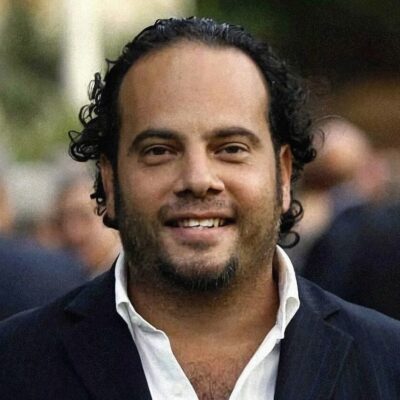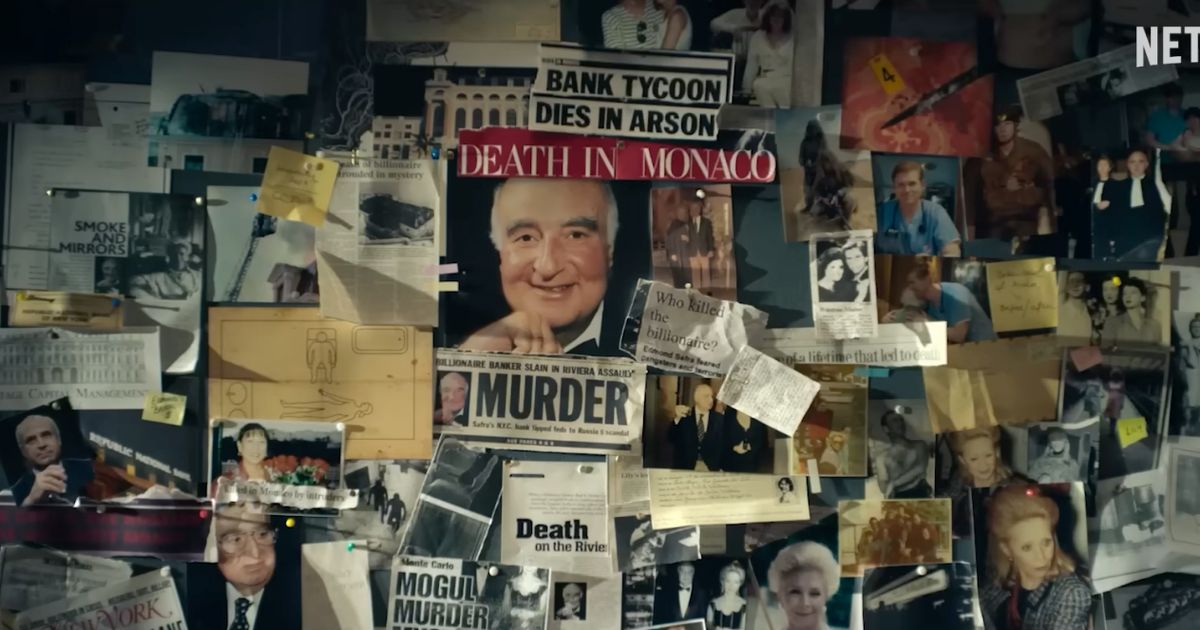
A few weeks before the summer kicked in, media guy and talented writer Talal Chami joined the editorial team of The Liberum. He launched his corner named Talal’s Corner. It figures. Time for another story of the grand master of storytelling: Krzysztof Kieślowski’s A Short Film About Killing: an untold plot.
By Arthur Blok
Chami, a Lebanese - Colombian who moved back to Lebanon in the early 80s, has been working on his blog: The Axles Of My Wagon Wheels. He likes to call himself a 'Poet, actor, and someone who 'love's psychology. Mix these three things, and you get someone seeking to say something.
Chami is a published author, fiction and non-fiction blogger, and researcher. He published two non-fiction and one fiction novel. Since July 1, some of the best stories from his blog will be co-published here.
Krzysztof Kieślowski’s A Short Film About Killing is not your average story. It is about the paths of three men: A cabbie, a lawyer, and a killer cross on a sober March day in a psychological study of murder, detailed documentation of death that launched Kieslowski’s international career.
This film was instrumental in the abolition of the death penalty in Poland.
“I think the film isn’t about capital punishment but about killing in general. It says that all killing is bad, and it doesn’t matter why one kills, whom one kills or who is making the killing. It is despicable, abominable, and beyond approval. At least from an ethical standpoint.”
Krzysztof Kieślowski
Krzysztof Kieślowski’s A Short Film About Killing (1988) follows three men in Warsaw — a young man named Jacek, a taxi driver, and a newly minted public defender — as their lives converge after Jacek brutally murders the taxi driver and the lawyer is appointed to defend him as he faces his death.
Kieślowski asks a central question: is the rational state-sponsored killing of a juvenile delinquent more violent than the senseless murder committed by the delinquent? (Short notes) The film is part of a cycle of films he made called the Decalogue, based on the ten commandments. “[A] commentary on Freudian and Gnostic themes of Selfhood that produce a pathological forwarding of time. It is to be noted that in Kieslowski, everything is represented in the frame, and there is, as such, no out-of-field. (Short notes) He uses film as a mechanism for the population to confront and make a lasting introspective statement about the narrative’s subject matter. (Haughbolle) Cinematographer Sławomir Idziak’s inspired use of bilious colored filters turns 1980s Warsaw into a living hell.
Please continue reading The Axles of My Wagon Wheels here.






The Human is God’s most perfect and most powerful of all creations.
Nothing else even comes close.
I know the reason for the defective actions which humans do,
it is the use, globally,
of hoardable money,
Satan’s USURY Leverage Device.
USURY is Forbidden by God.
God knows
that murdering, trying to wipe out the problem by killing,
does not solve the problem.
Of course not, there always comes another ‘germ’
which will replace the one killed,
adapted
and even worse than before.
God knows this.
Talking badly about humans,
It is terrible for children to hear.
Jesus was always surrounded by children.
He knew the problem,
so did Muhammad,
and they talked about it,
the children were not discouraged or frightened,
and they learned.
The money was and still is
hoardable
and this allows it to be accumulated and used as a leverage device
to manipulate market conditions
and even bring down entire nations.
Declare demurrage (holding charges)
on money;
Trump Money with
demurrage (holding charges)
Bolsonaro Money with
demurrage (holding charges)
Geert Wilders Money with
demurrage (holding charges)
💜 Angel NicGillicuddy